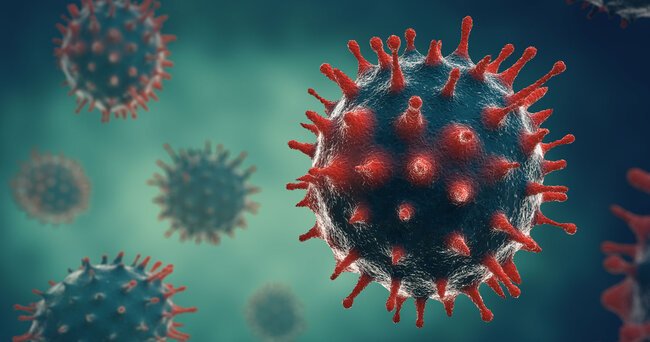New York: Evidence is mounting to show that organ donation from dying donors testing positive for SARS-CoV-2 appears to be safe and does not cause Covid-19 in the patient receiving the donated organ, according to a study.
The Covid pandemic exacerbated the shortage of abdominal organs for donation by increasing organ discard rates, due to the unclear risks of using organs from Covid-19 infected donors.
A team from Duke University in the US analysed six abdominal organ transplants performed (2 livers, 2 kidneys/pancreas transplanted together) in four recipients using organs procured from four donors who tested positive for Covid and died.
The donor evaluation protocol included additional review of organ quality, with all four donors undergoing macroscopic and/or microscopic biopsy review to confirm organ suitability.
Donors were assessed by considering organ type, the duration and severity of Covid-19 illness, whether any signs of hypercoagulable disease were present (meaning potentially increased clotting in the donated organ or vessels) as well as careful overall inspection at the time of organ procurement.
Further, if the organ to be donated was lung or intestine, it would only be considered if the donor last tested positive for Covid more than 20 days ago, a timeline consistent with infection control practices of the US Centers for Disease Control and Prevention (CDC).
And if the virus was found in the base of the lungs, the lungs were deemed unsuitable for transplantation, but other organs could still be transplanted safely, provided the donor was not dying from severe hyperinflammatory Covid-19 or showed signs of excessive clotting, the team explained.
Even after passing through all these barriers, doctors must still consider the ultimate cause of death for a donor and weigh up whether that is likely to negatively impact organ quality and/or surgical risk, they said.
Further, to reduce the transplant risk, recipients are now strongly encouraged to be fully Covid-19 vaccinated prior to surgery.
“Being unvaccinated can increase the risk of severe Covid-19 in transplanted patients due to their immunosuppression drugs post-transplant. For that reason, we strongly encourage our patients on the waiting list to get vaccinated. However, being unvaccinated does not take someone off the organ transplant waiting list at our institution at this time,” said Dr Emily Eichenberger from the University’s School of Medicine.
While a vaccinated donor is also desirable, as it likely reduces the risk of severe organ inflammation, unknown or negative donor vaccine status would not preclude the use of otherwise good quality organs from Covid-19 infected donors.
“While limited, our experience to date supports the use of abdominal organs from Covid-19 positive donors as safe and effective, even those actively infected, or with lung disease caused by Covid-19,” Eichenberger said.
The research will be presented at this year’s European Congress of Clinical Microbiology and Infectious Diseases to be held in Lisbon in April.
(IANS)




















